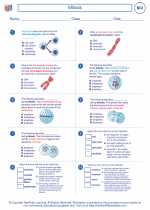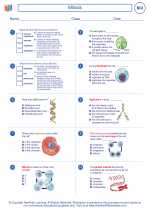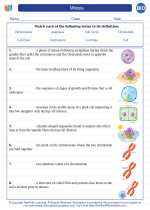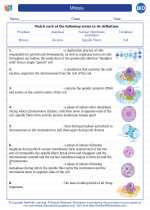Natural Phenomena
Natural phenomena are observable events that occur in the natural world and are not made by human beings. These events are often the result of natural processes and can be studied and understood through scientific inquiry. Natural phenomena can range from simple everyday occurrences, such as the rising and setting of the sun, to more complex events like earthquakes and volcanic eruptions.
Types of Natural Phenomena
There are various types of natural phenomena, including:
- Weather phenomena: such as thunderstorms, hurricanes, and tornadoes
- Geological phenomena: including earthquakes, volcanic eruptions, and landslides
- Astronomical phenomena: such as solar and lunar eclipses, comets, and meteor showers
- Biological phenomena: including natural selection, migration patterns, and ecological relationships
- Physical phenomena: such as the formation of rainbows, auroras, and tides
Studying Natural Phenomena
Studying natural phenomena involves using the scientific method to observe, hypothesize, experiment, and analyze data. This can be done through various scientific fields, including biology, geology, meteorology, astronomy, and physics. Understanding natural phenomena helps us make predictions about future events and develop strategies to mitigate potential risks.
Study Guide
If you're studying natural phenomena, here are some key concepts and topics to focus on:
- Learn about the different types of natural phenomena and their causes.
- Understand the scientific principles and processes involved in each type of natural phenomenon.
- Explore case studies of significant natural phenomena events and their impacts on the environment and society.
- Examine the tools and technologies used to study and monitor natural phenomena, such as seismographs, weather satellites, and telescopes.
- Consider the ethical and environmental implications of human interactions with natural phenomena, such as climate change and habitat destruction.
By mastering these concepts and topics, you will develop a comprehensive understanding of natural phenomena and their significance in the natural world.
.◂Biology Worksheets and Study Guides High School. Mitosis

 Worksheet/Answer key
Worksheet/Answer key
 Vocabulary/Answer key
Vocabulary/Answer key
 Vocabulary/Answer key
Vocabulary/Answer key
 Vocabulary/Answer key
Vocabulary/Answer key
